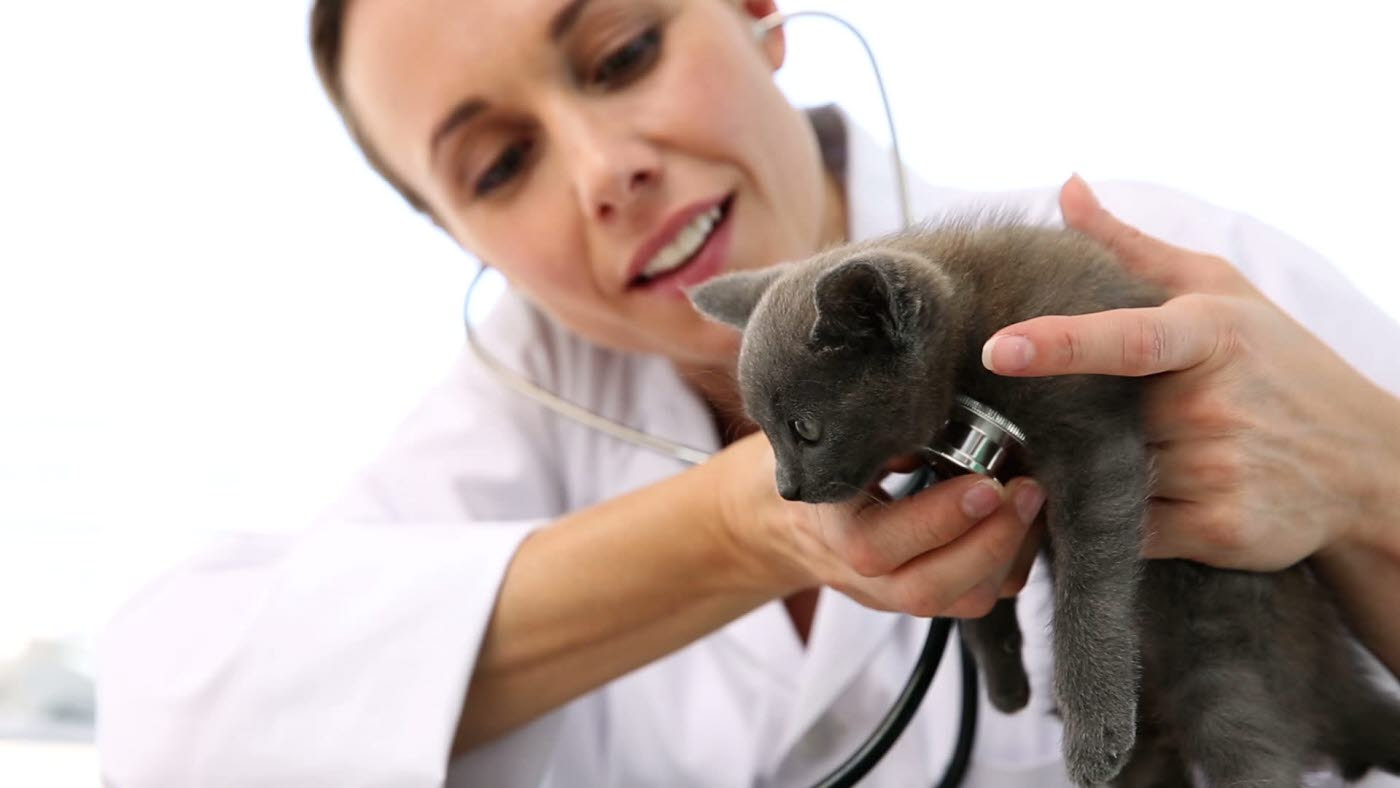Veterinary cardiologists

Veterinary cardiology is a specialist branch of veterinary medicine that deals with the heart. A veterinary cardiologist is a veterinarian who has become a specialist through undertaking extensive and rigorous further training beyond the Doctor of Veterinary Medicine degree (or Bachelor of Veterinary Science.)
When would I be referred to a cardiologist?
Heart problems can be observed in pets of any age. Referral of your pet to a cardiologist would be advised by your general practice veterinarian for matters such as:
- Irregular heartbeat and heart murmurs
- Coughing and respiratory difficulties
- Weakness and exercise difficulty
- Assessment of anaesthesia related risks
What services do cardiologists provide?
Veterinary cardiologists work to diagnose, manage and treat a wide variety of heart diseases and conditions in companion animals. Cardiology services commonly include but are not limited to:
- Cardiac assessment
- Echocardiogram: An ultrasound of the heart.
- Electrocardiography (ECG): Measures electrical activity generated by the heart when it contracts.
- Holter monitoring (24 hour ECG): Device worn by your pet for 24-hours
- Preanesthetic assessment: Identifies risk factors and physiologic challenges that assist in devising an anaesthetic plan for a compromised animal.
- Pericardiocentesis: An invasive procedure that uses a needle and catheter to remove fluid from the sac around the heart. Fluid may be tested for diagnostic purposes.
What health problems affect the heart?
Most conditions either affect the heart valves or the heart muscle, ultimately decreasing its overall pumping efficacy in moving blood around the body.
- Chronic Valvular Disease: Leaking heart valves compromise the heart’s ability to pump adequate volumes of blood around the body
- Myocardial Disease: Thickening of the heart muscle impairs the hearts strength and ability to pump.
Common diseases of importance in dogs are:
- Dilated cardiomyopathy: The hearts’ left ventricle becomes enlarged and weakened.
- Arrhythmic cardiomyopathy: The hearts’ ventricles (lower chambers) cause abnormal heart rhythms.
- Mitral valve dysplasia: A congenital condition where the hearts’ mitral valve is compromised.
- Heartworm disease: A preventable disease where the adult parasites (‘heartworms’) live in the heart, lungs and surrounding blood vessels of an infected animal. Talk to your vet about essential heartworm prevention options.
Common diseases of importance in cats are:
- Dilated cardiomyopathy (see above)
- Hypertrophic cardiomyopathy: The hearts muscle wall becomes thickened and impairs pumping ability.
Symptoms of heart disease to look out for in your pet
- Coughing
- Shortness of breath
- Weakness
- Loss of appetite
- Swollen abdomen
- Fainting or collapsing
- Reduced ability to exercise
Many heart conditions can be successfully managed through nutrition, exercise and medication if needed. If you have any concerns, talk to your local veterinarian who will listen to your pets’ heart in a standard veterinary consultation. They may discuss your pet’s body condition, breed and age with you, which are all factors for prolonged heart health. If you notice any new symptoms such as coughing, weakness, respiratory difficulty, or abdominal swelling, contact your veterinarian immediately.
